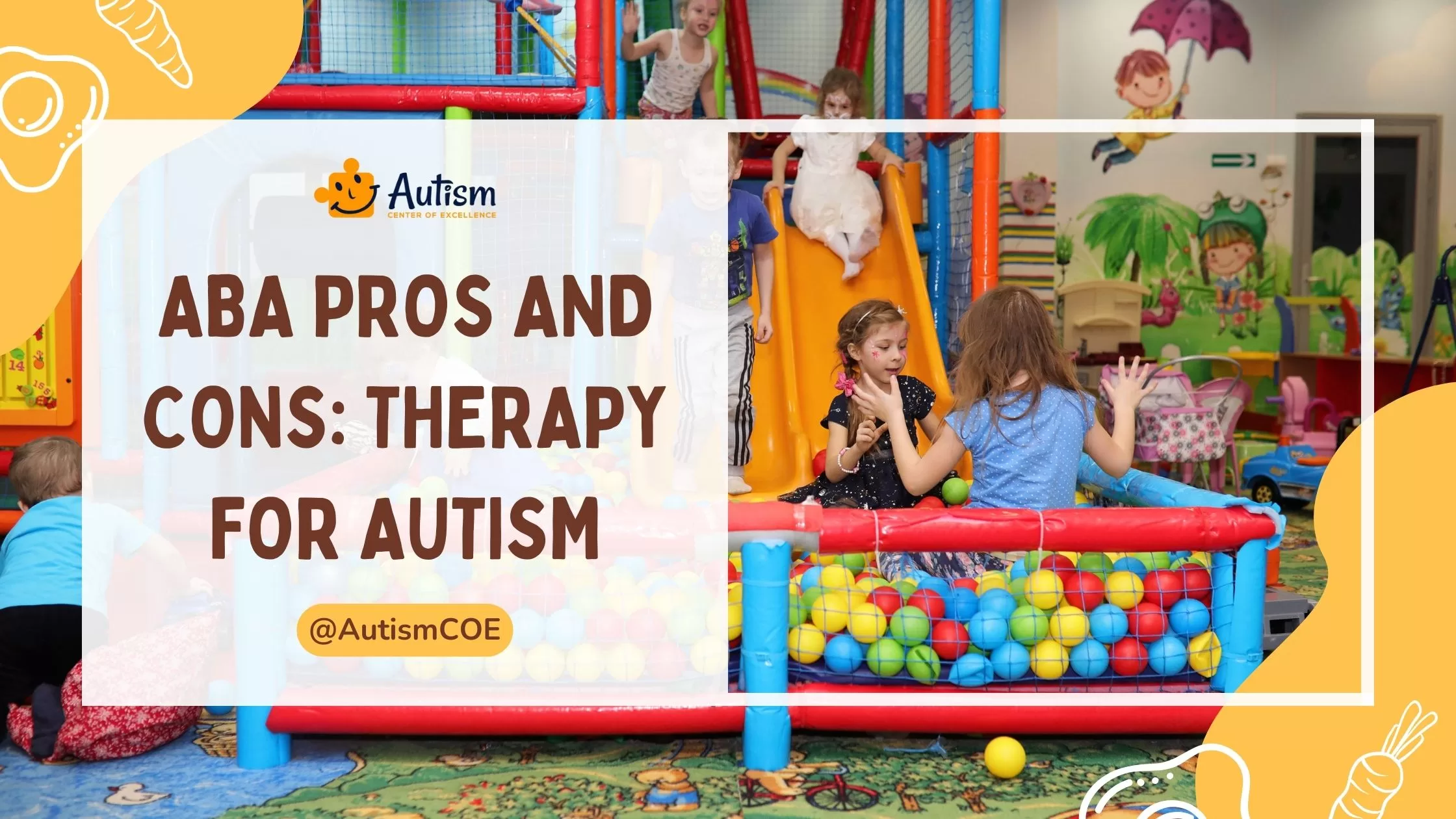If you’ve heard about ABA therapy, or Applied Behavior Analysis, you might be curious about how it helps kids with autism. It’s important to know both the good things and the not-so-good things about it. In this article, we’ll explore the ABA therapy pros and cons to help you understand it better.
What is ABA Therapy?
ABA therapy is a type of treatment that focuses on changing behaviors. It helps children with autism learn new skills and improve their social interactions. The ultimate goal is to make everyday activities easier and more fun. Therapists use different techniques, often rewarding kids for positive behavior. Modern ABA practices have evolved to focus on ethical methods and encourage independence, moving away from harmful practices historically associated with ABA. If you want to learn more, you can check out this link about ABA therapy.
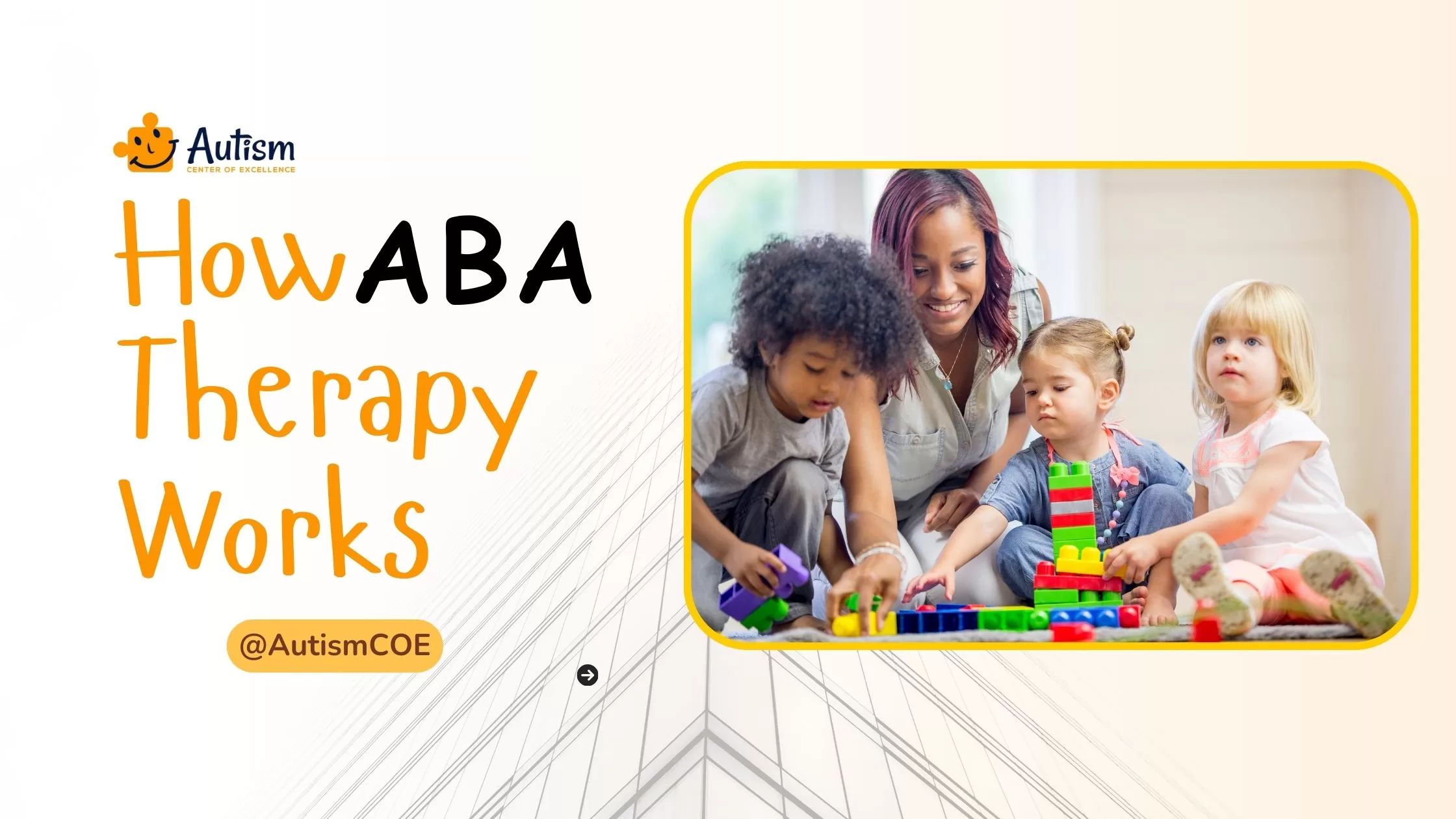
How ABA Therapy Works
ABA therapy typically involves a team of professionals, including a Board Certified Behavior Analyst (BCBA), who work together to develop and implement a personalized treatment plan for the individual. The therapy is usually conducted in a one-on-one setting, although group therapy may also be used. ABA therapists employ a variety of techniques, such as positive reinforcement, prompting, and shaping, to encourage desired behaviors and reduce problem behaviors. The therapy is data-driven, with progress meticulously tracked and adjustments made to the treatment plan as needed. This structured approach ensures that the therapy is tailored to the individual’s unique needs and goals.
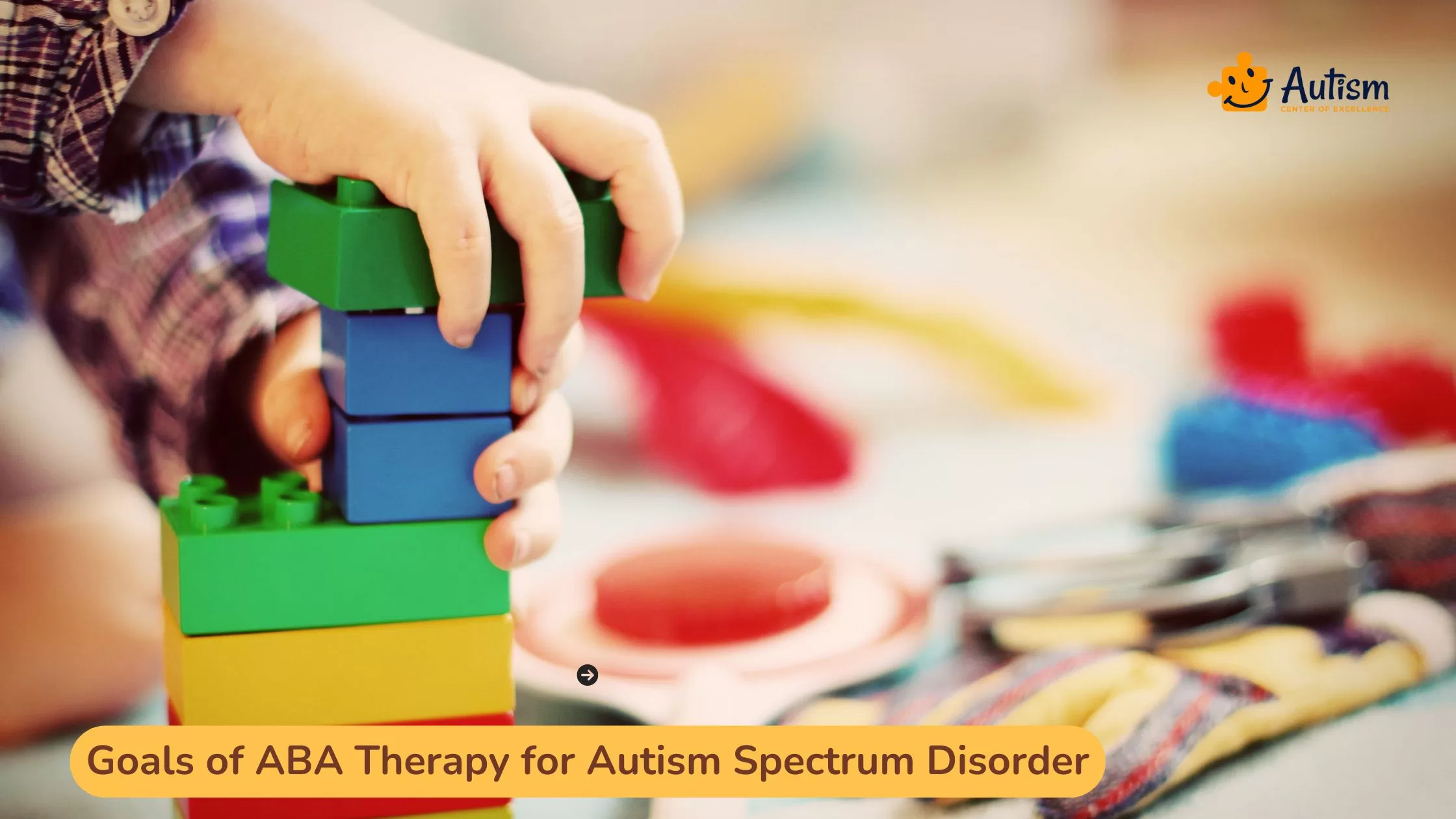
Goals of ABA Therapy for Autism Spectrum Disorder
The primary goals of ABA therapy for individuals with Autism Spectrum Disorder (ASD) are to improve communication, socialization, and learning skills while reducing problem behaviors. ABA therapy aims to help individuals with ASD develop the skills they need to live independently, interact with others, and participate fully in their communities. Specific goals of ABA therapy may vary depending on the individual’s needs and circumstances but often include:
⏩Improving communication skills, such as speaking, listening, and reading.
⏩Enhancing social skills, such as initiating and maintaining conversations, and developing friendships.
⏩Increasing learning skills, such as attention, memory, and problem-solving.
⏩Reducing problem behaviors, such as self-injurious behaviors, aggression, and tantrums.
⏩Improving adaptive skills, such as self-care, daily living skills, and community participation.
By focusing on these areas, ABA therapy strives to provide individuals with ASD the tools they need to thrive in various aspects of life.
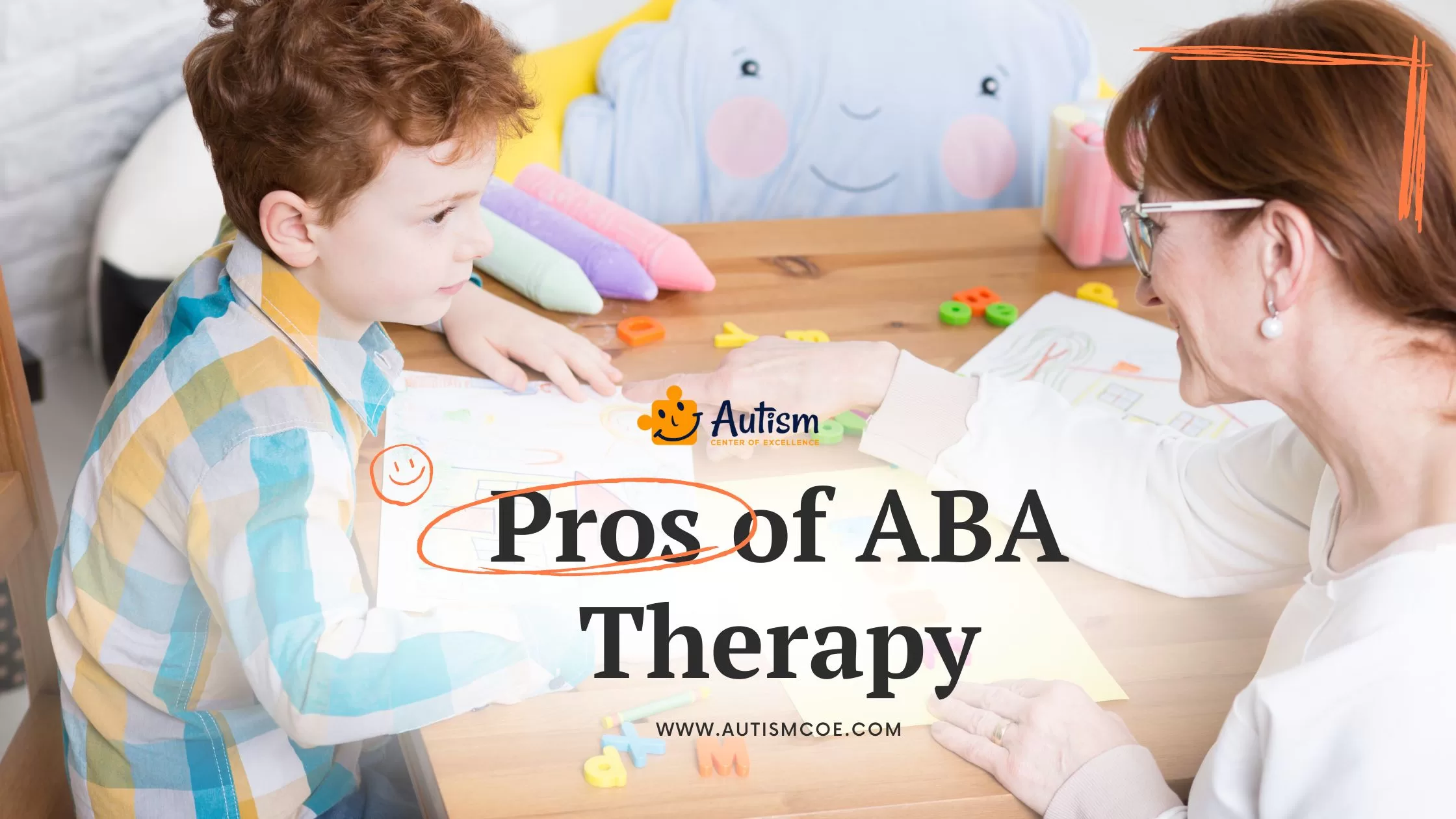
Pros of ABA Therapy
There are several great things about ABA therapy, often referred to as ABA therapy pros:
- Evidence-based success: Many studies show that ABA can really help kids with autism improve their skills.
- Skill development: Kids often learn important skills like talking, making friends, and doing schoolwork.
- Individualized approach: Every child is different, and ABA can be tailored to fit their unique needs.
- Positive reinforcement: This method encourages kids by rewarding them for good behavior, which can motivate them to keep trying.
- Adaptability: ABA can be used in different places, like at home or school, making it versatile.
- Long-term benefits: The skills learned can help kids throughout their lives.
These advantages make ABA therapy a popular choice for many families looking for support.
Join Our Weekly Newsletters!
Subscribe now to stay updated with our latest email updates.
Cons of ABA Therapy
However, there are also some aba therapy cons to consider:
- Time-intensive: Therapy can take a lot of hours, which might be tiring for both kids and parents.
- Cost: It can be expensive, and not all families can afford it.
- Controversial techniques: Some people feel that ABA can be too strict or may push kids to conform instead of celebrating their uniqueness.
- Emotional impact: If not done right, some kids might feel stressed or anxious during sessions.
- Focus on behavior: Critics argue that it sometimes overlooks deeper emotional needs, focusing only on changing behavior.
These disadvantages are important to consider when thinking about ABA therapy.
Effectiveness and Success Rate
Research has consistently shown that ABA therapy is an effective treatment for individuals with Autism Spectrum Disorder (ASD). Studies have demonstrated that ABA therapy can lead to significant improvements in communication, socialization, and learning skills, as well as reductions in problem behaviors. The success rate of ABA therapy varies depending on the individual and the specific goals of the therapy, but many individuals with ASD have made significant progress and achieved their goals through ABA therapy. This evidence-based approach has made ABA a widely accepted and trusted method for supporting individuals on the autism spectrum.
Who Can Benefit from ABA Therapy?
ABA therapy can benefit individuals with Autism Spectrum Disorder (ASD) of all ages, from early childhood to adulthood. It is particularly effective for those who have difficulty with communication, socialization, and learning skills, and who exhibit problem behaviors. Additionally, ABA therapy can be beneficial for individuals with other developmental disabilities, such as Down syndrome, and for those with mental health conditions, such as anxiety and depression. ABA therapy can be implemented in various settings, including schools, homes, and communities, making it a versatile and adaptable option for many families seeking support.
Controversies Surrounding ABA Therapy
There’s a lot of debate about ABA therapy in the autism community. Some groups and individuals believe that ABA isn’t the best approach and have raised ethical concerns. Autistic self advocates criticize ABA therapy, emphasizing that many within the autism community view certain practices as abusive and ineffective. Many families have different experiences—some find it incredibly helpful, while others feel it can be too harsh. Hearing personal stories can give a better picture of how ABA affects kids and families.
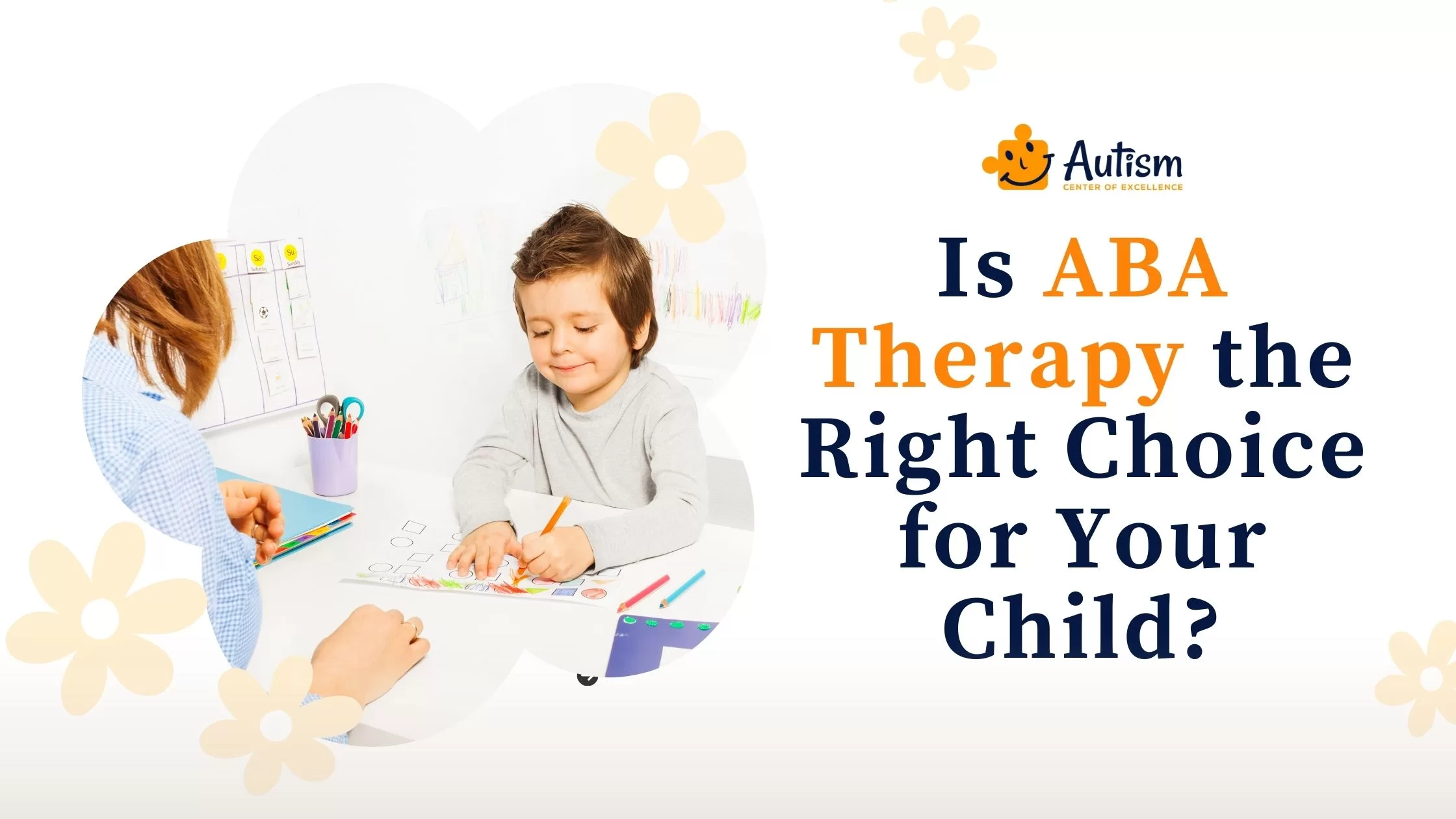
Is ABA Therapy the Right Choice for Your Child?
When deciding if ABA therapy is right for your child, consider these factors:
- Child’s unique needs: Think about what your child needs most and if ABA can help with that.
- Family’s situation: Look at whether you can manage the time and costs involved with therapy.
- Alternative therapies: There are other options available, like speech therapy or occupational therapy, which might be a better fit.
Parents and therapists play a crucial role in supporting the development of autistic children, using ABA techniques to improve social skills, manage behavior, and teach essential life skills.
Taking the time to weigh the pros and cons can help you make the best choice for your child.
Conclusion
In summary, ABA therapy has its pros and cons. While it can offer significant benefits, there are also challenges to consider. Making an informed decision based on what works best for your child is essential. Remember, every child is different, and what helps one might not help another.
The Autism Center of Excellence provides ABA Therapy, ABA for Early Intervention, ABA for School Readiness, speech therapy, and occupational therapy services for children aged 2 – 14 years in-home as well as in center-based environments. Even as we participate in promoting the ideas of acceptance and inclusion, it is critical that we understand and honor the many varied experiences of the autism community.
Please Note: The content of this blog is for informational purposes only and should not be considered a substitute for professional medical advice, diagnosis, or treatment. Consult a qualified health care professional for personalized guidance tailored to your specific situation.

Bhavika Bhasin
Bhavika Bhasin is the Research and Marketing officer at AutismCOE. She works with children and adults with ASD. Her clinical research includes evaluating various available autism screening and diagnosis methods and their efficacy. She is currently developing a novel screening exam that is indicated to be more accurate than the existing available exams. She is also writes articles papers for various publications.


